When it comes to luxury sedans, the BMW 7 Series vs Mercedes S-Class performance comparison highlights the ongoing rivalry between these two automotive giants. In 2025, this competition reaches new heights, offering a thrilling examination of power, speed, and refinement. The BMW 7 Series impresses with its ability to accelerate from 30-50 mph in just 2.9 seconds, while the S-Class takes 3.7 seconds. Despite the S-Class boasting a slightly more powerful base engine at 503 horsepower compared to the 7 Series’ 483 horsepower, the latter excels in real-world performance metrics. This head-to-head battle in the BMW 7 Series vs Mercedes S-Class performance comparison showcases why these two models dominate the luxury sedan market.
Key Takeaways
-
The BMW 7 Series speeds up quicker than the Mercedes S-Class. It goes from 30-50 mph in 2.9 seconds. This makes it great for people who love fast cars.
-
The Mercedes S-Class is better at giving a comfy ride. Its air suspension makes the ride smooth and quiet for passengers.
-
Both cars have hybrid versions, but the BMW 750e xDrive uses less fuel. It also releases less CO2, which is good for the environment.
-
The Mercedes S-Class keeps its value longer, making it a smarter buy. This is helpful for people who care about resale value.
-
Pick the BMW 7 Series for exciting drives. Choose the Mercedes S-Class for top-level comfort and luxury.
BMW 7 Series vs Mercedes S-Class Performance Comparison
Engine Power and Specifications
When comparing the engines of the 2025 BMW 7 Series and the Mercedes-Benz S-Class, you’ll notice distinct differences in powertrains and configurations. The BMW 7 Series offers three engine options:
-
The 740i Sedan features a 3.0L twin-turbo inline-six engine producing 375 horsepower and 398 lb-ft of torque.
-
The 760i xDrive Sedan steps up with a 4.4L twin-turbo V8 delivering 536 horsepower and 553 lb-ft of torque.
-
The 750e xDrive Sedan, a hybrid variant, combines efficiency with performance, generating 483 horsepower and 479 lb-ft of torque.
In contrast, the Mercedes-Benz S-Class also provides three powertrain choices:
-
The base trim includes a 3.0L V6 turbo engine with 442 horsepower and 413 lb-ft of torque.
-
The S 580e 4Matic, a plug-in hybrid, produces 503 horsepower and 553 lb-ft of torque.
-
The S 580 4Matic boasts a 4.0L V8 turbo engine with 496 horsepower and 516 lb-ft of torque.
While the BMW 7 Series pairs all engines with an eight-speed automatic transmission, the S-Class equips every trim with its 4Matic all-wheel-drive system, enhancing traction and stability.
Acceleration and Top Speed
The 2025 BMW 7 Series excels in acceleration, particularly in real-world scenarios. For instance, it outpaces the Mercedes S-Class when accelerating from 30 to 50 mph in fourth gear, completing the sprint in just 2.9 seconds compared to the S-Class’s 3.7 seconds. This quicker response makes the 7 Series feel more dynamic during overtaking or spirited driving. Both sedans deliver impressive top speeds, but the BMW’s focus on agility gives it an edge in performance-oriented driving.
In-Gear Performance Metrics
In-gear performance highlights how these luxury sedans handle everyday driving demands. The BMW 7 Series demonstrates superior responsiveness, especially in mid-range acceleration. Its engines deliver power seamlessly, ensuring you experience smooth yet exhilarating performance. The Mercedes S-Class, while slightly slower in certain metrics, prioritizes refinement and comfort. Its power delivery feels more subdued, catering to those who value a serene driving experience over outright speed.
Fuel Efficiency and Environmental Impact
Fuel Economy Ratings
When comparing the fuel economy of the 2025 BMW 7 Series and Mercedes S-Class, you’ll notice a slight edge in efficiency for the BMW. The 740i Sedan achieves an impressive 25 MPG in the city and 31 MPG on the highway. In contrast, the Mercedes S-Class base trim delivers slightly lower figures, with 22 MPG in the city and 29 MPG on the highway.
|
Model |
MPG City |
MPG Hwy |
|---|---|---|
|
2025 BMW 7 Series 740i Sedan |
25 |
31 |
|
2025 Mercedes S-Class Base Trim |
22 |
29 |
This fuel efficiency comparison highlights the BMW’s ability to balance performance with practicality, making it a strong contender for those who prioritize lower fuel consumption.
CO2 Emissions
Both models have made strides in reducing their environmental impact, but their CO2 emissions vary depending on the powertrain. The BMW 750e xDrive, for example, benefits from a plug-in hybrid system that significantly lowers greenhouse gas emissions. Regulatory bodies such as the EPA and WLTP verify these figures, ensuring they meet global standards.
-
The CO2 emissions for the BMW 750e xDrive are sourced from official BMW documentation and independent assessments.
-
These emissions figures provide a reliable measure of the vehicle’s environmental footprint.
-
Real-world emissions may vary based on driving conditions and the mix of electric and gasoline power used.
The Mercedes S-Class also incorporates hybrid technology to reduce emissions, but its larger engines may result in slightly higher outputs compared to the BMW.
Hybrid and Electric Variants
Hybrid and electric variants play a crucial role in enhancing both performance and environmental sustainability. The 2025 BMW 750e xDrive combines a turbocharged inline-six gasoline engine with an electric motor, delivering seamless transitions between driving modes. This intelligent system improves both performance and fuel efficiency. The electric motor also provides instant torque, making acceleration smoother and more responsive.
The Mercedes S-Class offers similar advancements. The S 580e 4Matic sedan, for instance, pairs a plug-in hybrid motor with a 3.0-liter V6 engine, producing a combined output of 503 horsepower. This setup ensures a refined driving experience while reducing fuel consumption. Additionally, the mild hybrid system in the base trim enhances efficiency without compromising power.
Both models demonstrate how hybrid technology can elevate luxury sedans, offering a blend of performance, efficiency, and reduced environmental impact.
Driving Experience and Comfort
Handling and Agility
When it comes to handling, the 2025 BMW 7 Series stands out as the more dynamic option. Its ability to accelerate from 30-50 mph in just 2.4 seconds highlights its agility, outperforming the Mercedes S-Class by two-tenths of a second. This quick response makes the 7 Series feel more engaging during spirited driving. Additionally, the BMW exhibits tighter body and wheel control, which enhances its cornering ability and overall stability. You’ll notice this difference especially on winding roads or during sudden maneuvers, where the 7 Series feels more composed and responsive.
The Mercedes S-Class, while slightly slower in these metrics, prioritizes smoothness over sharpness. Its handling feels more relaxed, catering to those who value comfort and luxury over outright performance. This makes the S-Class an excellent choice for long highway drives or city cruising.
Ride Comfort and Suspension Systems
The Mercedes S-Class excels in ride comfort, thanks to its advanced adaptive air suspension system. This technology adjusts to road conditions in real time, ensuring a smooth and cushioned ride even on uneven surfaces. At 30 mph, the S-Class is also quieter than the BMW 7 Series by two decibels, adding to its serene cabin experience. These features make the S-Class a leader in comfort and luxury, ideal for passengers who prioritize a tranquil journey.
The BMW 7 Series, on the other hand, focuses more on performance than ride softness. While its suspension system provides a balanced ride, it lacks the significant updates seen in the S-Class. This makes the 7 Series better suited for drivers who enjoy a more connected feel to the road.
Driver Engagement and Adaptive Technologies
The BMW 7 Series offers a more engaging driving experience, with its precise steering and responsive powertrains. You’ll feel a stronger connection to the car, especially during spirited driving sessions. Its adaptive technologies, such as dynamic traction control and customizable driving modes, further enhance this sense of control.
The Mercedes S-Class takes a different approach, emphasizing ease and relaxation. Its adaptive cruise control and semi-autonomous driving features reduce the effort required behind the wheel. These systems work seamlessly to create a stress-free driving environment, making the S-Class a top choice for those who value comfort over engagement.
Technology and Features in the 2025 Mercedes S-Class and BMW 7 Series
Infotainment Systems and Connectivity
Both the 2025 BMW 7 Series and the 2025 Mercedes S-Class deliver cutting-edge infotainment systems designed to elevate your driving experience. The Mercedes S-Class features a larger, high-resolution central display that integrates augmented reality overlays for navigation. This system enhances your ability to follow directions with real-time visual cues. A sophisticated voice assistant allows you to issue complex commands effortlessly, making interactions intuitive and seamless. Additionally, 5G connectivity ensures faster real-time traffic updates, over-the-air software updates, and high-definition video streaming. You can even connect the vehicle to your smart home devices, extending the luxury experience beyond the car.
The BMW 7 Series also impresses with its advanced infotainment system. Its iDrive 8.5 interface offers a user-friendly design and customizable options. The system includes a curved display that combines the instrument cluster and central touchscreen, providing a sleek and modern look. Wireless Apple CarPlay and Android Auto come standard, ensuring seamless smartphone integration. While both sedans excel in connectivity, the Mercedes S-Class edges ahead with its augmented reality navigation and smart home integration.
Driver-Assistance Features
Driver-assistance technologies in these luxury sedans prioritize your safety and convenience. The Mercedes S-Class includes features like Active Distance Assist DISTRONIC, Active Steering Assist, and Active Brake Assist with cross-traffic functionality. These systems work together to maintain safe distances, assist with steering, and prevent collisions in complex traffic scenarios. The BMW 7 Series offers similar capabilities, such as adaptive cruise control, lane-keeping assistance, and a parking assistant. Both vehicles provide semi-autonomous driving modes, but the S-Class stands out with its smoother execution and advanced cross-traffic alert system.
Advanced Safety Technologies
Safety remains a top priority in both models. The Mercedes S-Class has undergone rigorous testing, earning top safety ratings from independent organizations. Features like PRE-SAFE® PLUS, collision mitigation support, and slippery road alerts ensure you stay protected in various conditions. The BMW 7 Series also incorporates advanced safety measures, including adaptive power steering, rain-sensing windshield wipers, and oncoming lane mitigation. While both sedans excel in safety, the S-Class offers a more comprehensive suite of features, making it an excellent choice for those who prioritize peace of mind.
Luxury and Interior Comfort
Interior Quality and Materials
The 2025 BMW 7 Series and Mercedes S-Class both showcase exceptional craftsmanship, but their approaches to interior quality differ. The BMW 7 Series emphasizes a modern interior design with clean lines and innovative materials. You’ll find soft-touch surfaces, premium leather upholstery, and intricate stitching throughout the cabin. The optional crystal gear selector and ambient lighting add a futuristic touch, creating a high-quality interior that feels both luxurious and cutting-edge.
The Mercedes S-Class, on the other hand, leans into traditional opulence. It features fine-tailored leather upholstery, genuine wood trim, and polished metal accents. The 64-color ambient lighting system enhances the cabin’s elegance, while the Burmester 3D surround sound system, available in 15- or 30-speaker configurations, elevates the audio experience. These elements combine to create a sophisticated and high-quality interior that exudes timeless luxury.
Passenger Space and Seating Comfort
Both sedans prioritize passenger comfort, but the Mercedes S-Class edges ahead in spaciousness. Its rear seats offer more legroom, making it ideal for chauffeured passengers. The seats themselves are a masterpiece of engineering, with heating, cooling, and massage functions available for all occupants. You’ll feel like you’re sitting in a first-class lounge.
The BMW 7 Series, while slightly more compact, still provides ample room for passengers. Its seats are ergonomically designed to support your body during long drives. The optional Executive Lounge package transforms the rear cabin into a luxurious retreat, complete with reclining seats and a footrest. This makes the 7 Series a strong contender for those who value both comfort and a sporty driving experience.
Noise Insulation and Cabin Ambiance
When it comes to noise insulation, the Mercedes S-Class sets the benchmark. Its advanced acoustic glass and sound-deadening materials create a whisper-quiet cabin, even at highway speeds. At 30 mph, the S-Class is quieter than the BMW 7 Series by two decibels, ensuring a serene environment for passengers.
The BMW 7 Series also excels in cabin ambiance, but its focus leans more toward driver engagement. The engine note is slightly more audible, adding a sense of connection to the car’s performance. However, its ambient lighting and customizable settings allow you to tailor the atmosphere to your liking, blending comfort with a sporty edge.
Value and Reliability
Pricing and Trim Levels
When comparing the 2025 BMW 7 Series and Mercedes S-Class, you’ll find a range of pricing options tailored to different preferences. The BMW 7 Series starts at a competitive base price of around $96,000 for the 740i Sedan. Higher trims, such as the 760i xDrive, can exceed $120,000, offering more power and luxury features. The plug-in hybrid 750e xDrive sits in the middle, balancing performance and efficiency.
The Mercedes S-Class, known for its premium positioning, starts at approximately $110,000 for the base model. The S 580 4Matic, equipped with a V8 engine, pushes the price closer to $130,000. The plug-in hybrid S 580e 4Matic offers a similar price range, appealing to eco-conscious buyers. While the BMW offers a slightly lower entry point, the S-Class justifies its higher cost with additional standard features and a more luxurious feel.
Resale Value and Depreciation
Depreciation plays a significant role in determining a vehicle’s long-term value. On average, new vehicles lose about 40% of their value over five years, with 20% lost in the first year. However, the BMW 7 Series tends to depreciate faster than the Mercedes S-Class.
-
The BMW 7 Series retains only 32.8% of its value after five years.
-
The Mercedes S-Class holds 39% of its value, making it a better choice for resale.
This difference highlights the S-Class’s ability to maintain its prestige and desirability in the used car market. If you prioritize long-term value, the Mercedes edges ahead.
Reliability Ratings and Maintenance Costs
Reliability and maintenance costs are crucial when evaluating luxury sedans. Both models score well in reliability, but the Mercedes S-Class slightly outperforms the BMW 7 Series.
|
Feature |
BMW 7 Series |
Mercedes-Benz S-Class |
|---|---|---|
|
Reliability Rating |
7.2/10 |
7.4/10 |
|
5-Year Depreciation Rate |
67.2% |
61% |
|
Value Retained |
32.8% |
39% |
Maintenance costs also differ. The BMW 7 Series may require more frequent servicing, especially for its hybrid variants. The Mercedes S-Class, with its reputation for durability, offers slightly lower long-term maintenance expenses. These factors make the S-Class a more reliable investment for luxury car buyers.
The 2025 BMW 7 Series and Mercedes S-Class each excel in distinct areas, making them appealing to different types of drivers. The BMW 7 Series prioritizes agility and driver engagement, offering sharper handling and dynamic performance. Its powertrains and adaptive technologies create an exhilarating experience for those who enjoy spirited driving. On the other hand, the Mercedes S-Class focuses on ultimate comfort. Its advanced suspension system and serene cabin ambiance make it ideal for relaxed, luxurious journeys.
If you seek a sedan that delivers thrilling performance, the BMW 7 Series stands out. However, for unmatched comfort and refinement, the Mercedes S-Class remains the top choice. Both models offer exceptional value, but your decision should align with your driving preferences and lifestyle.


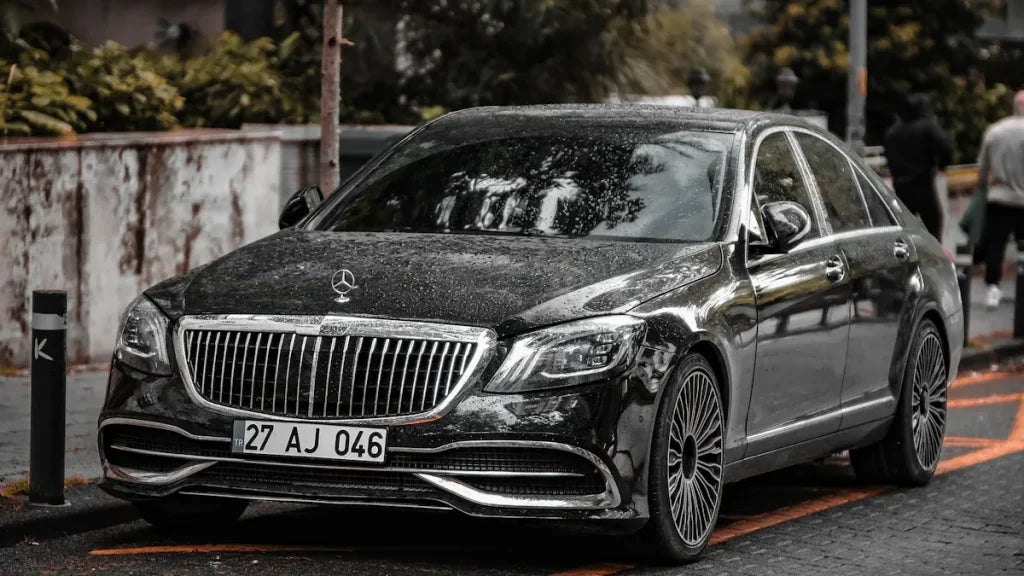
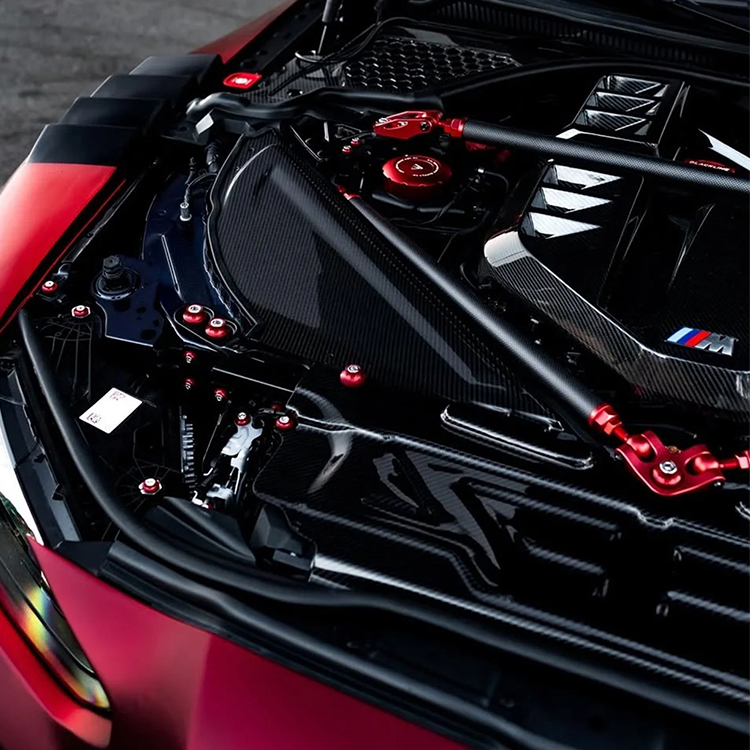
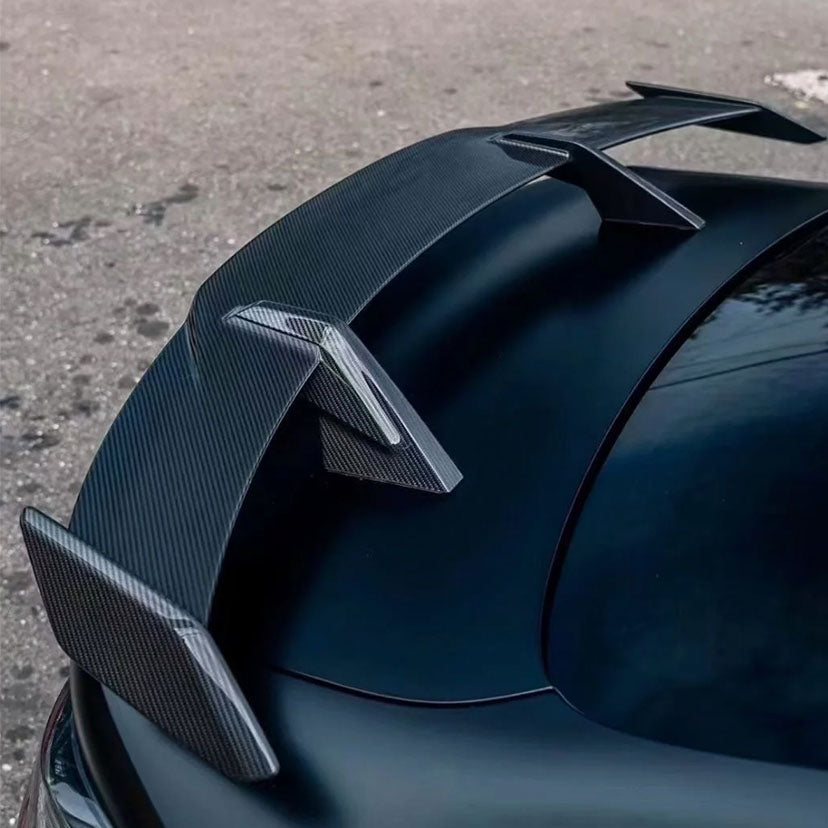
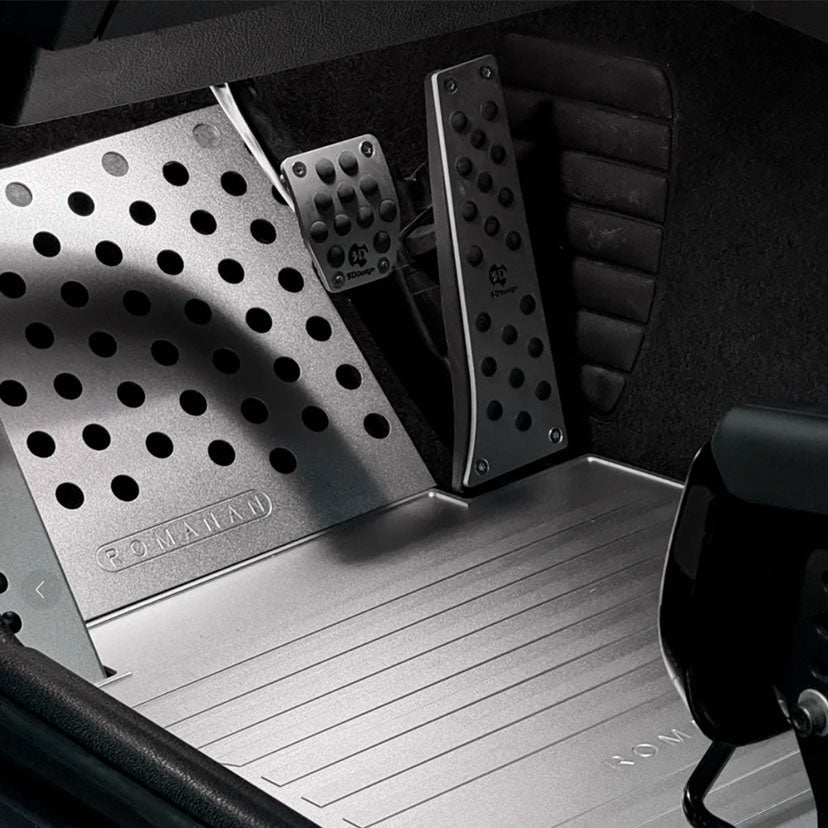
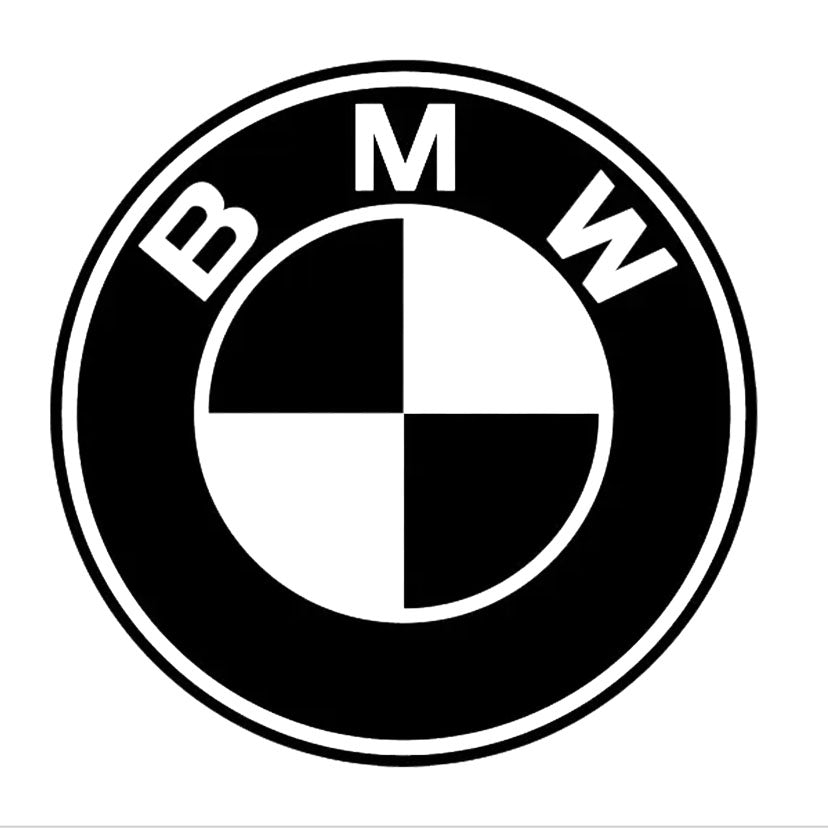
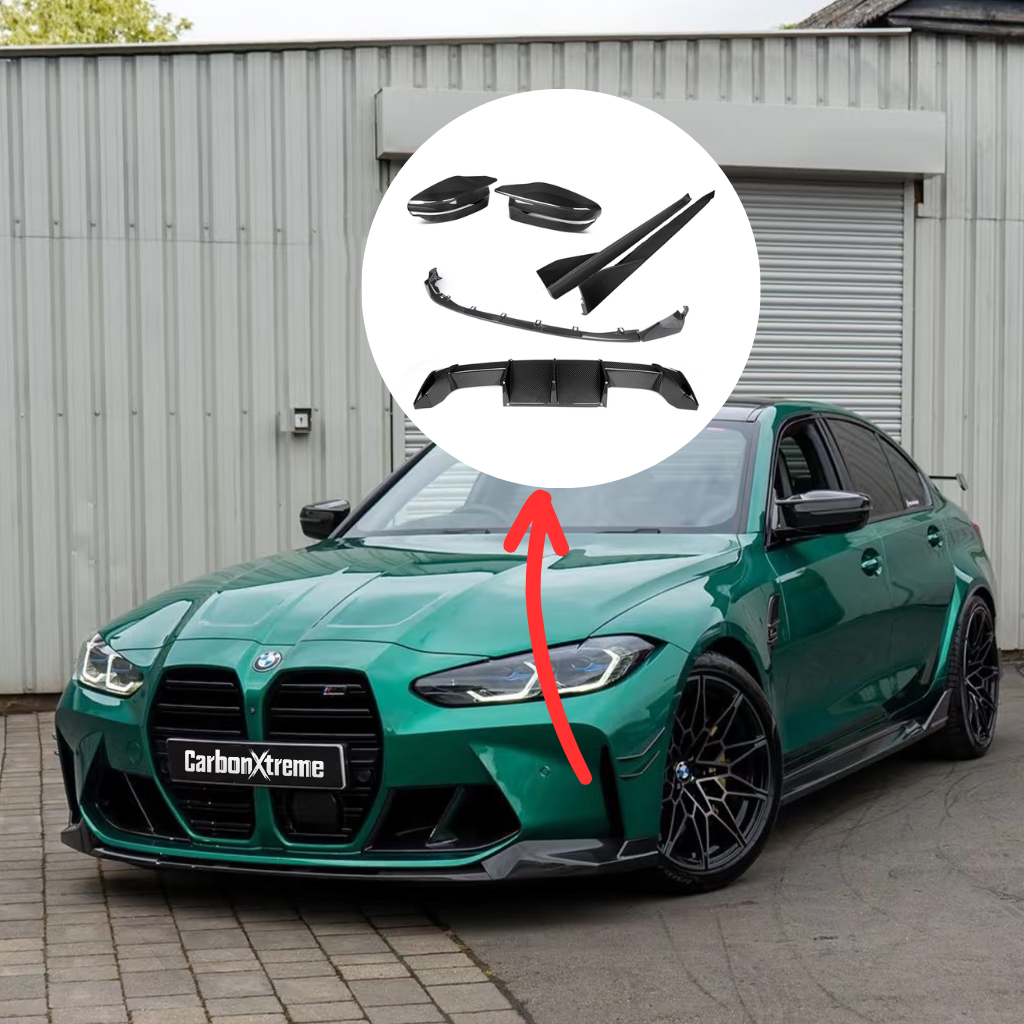
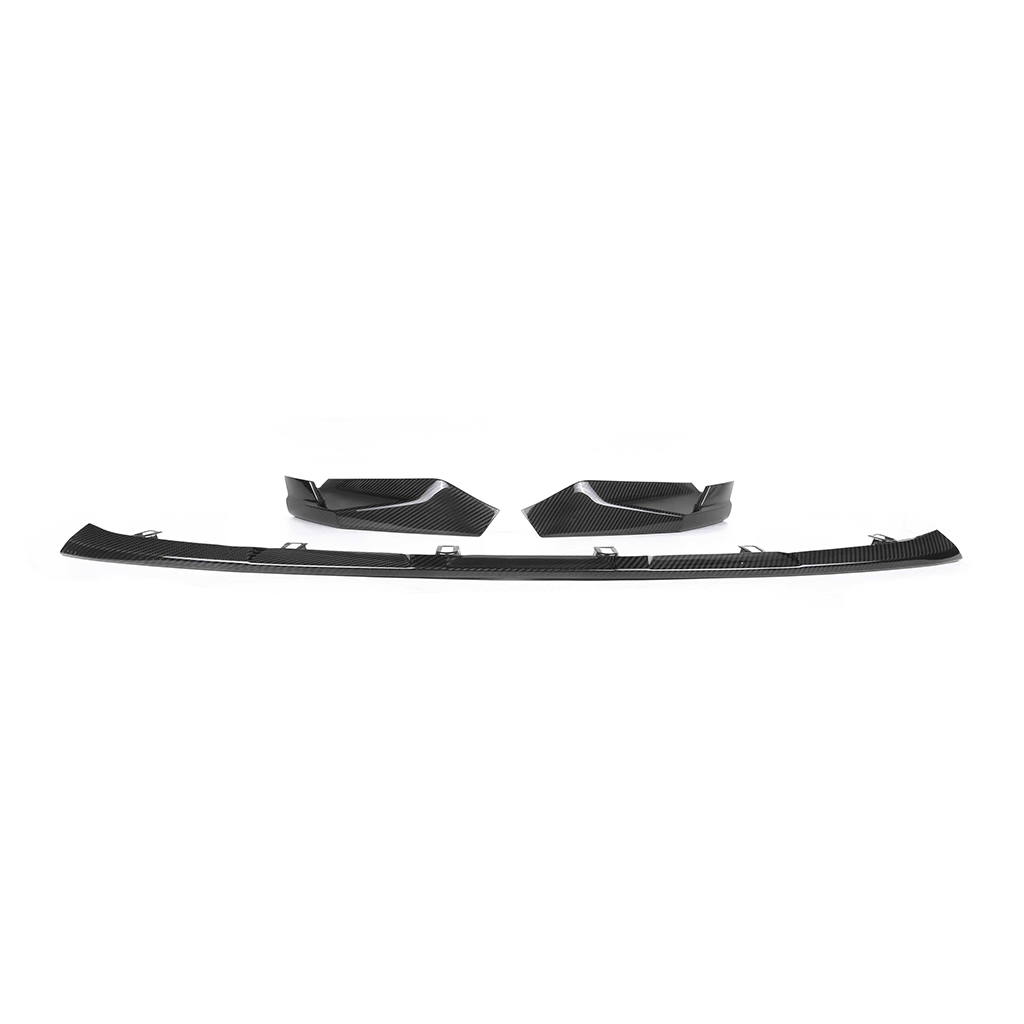
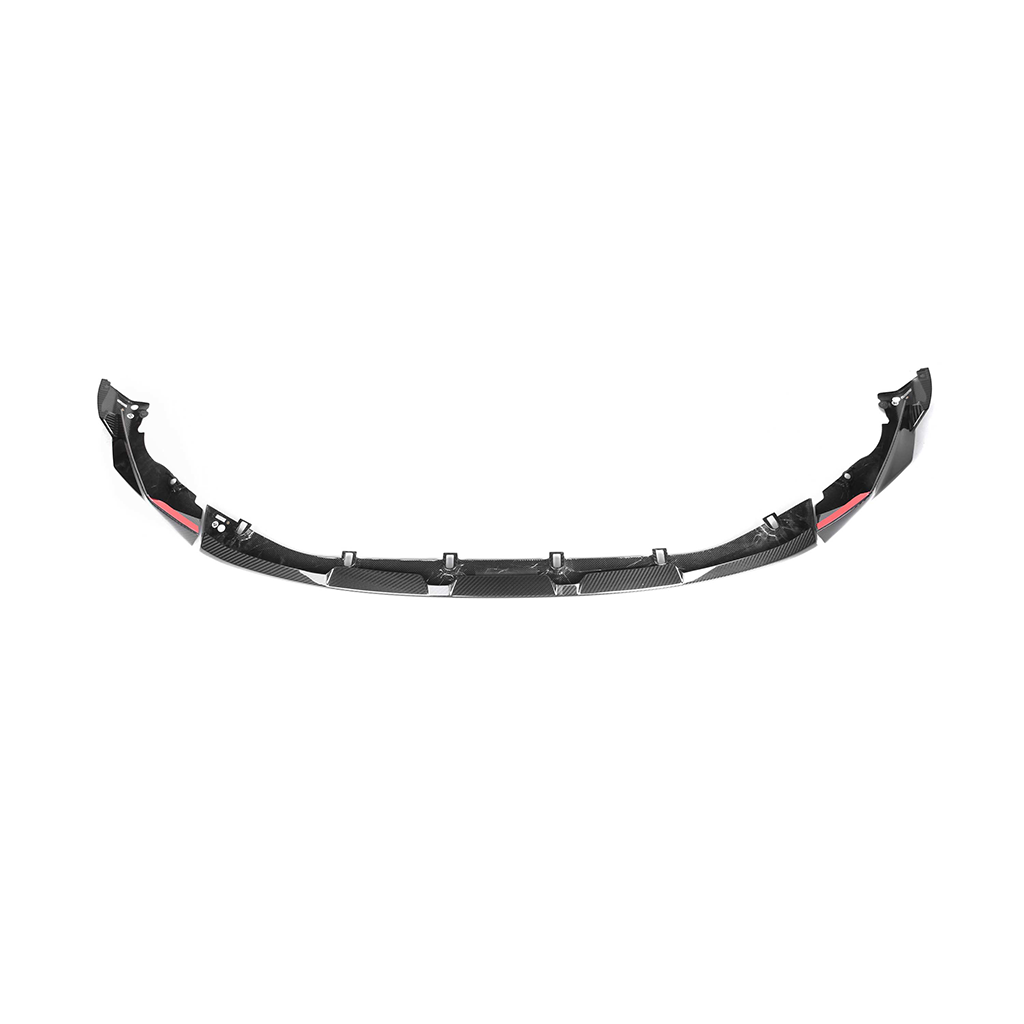
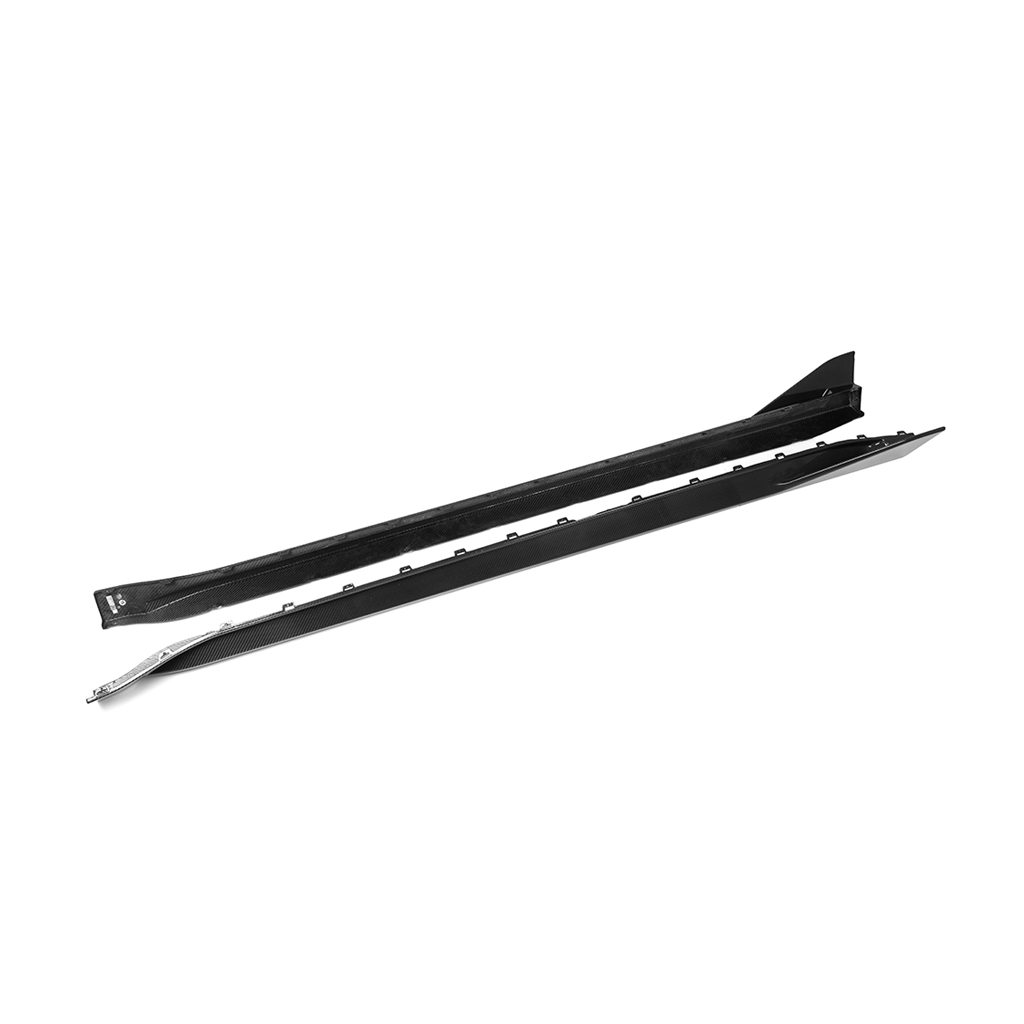
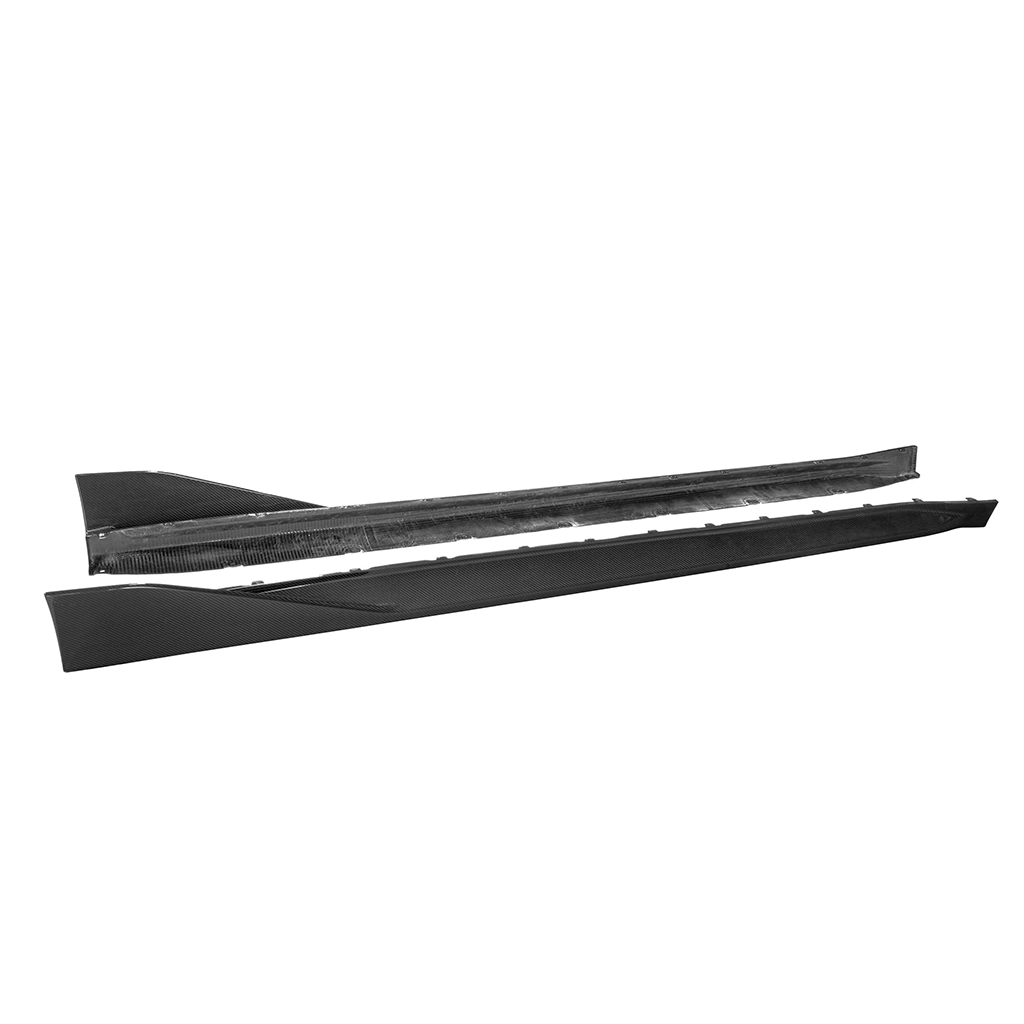
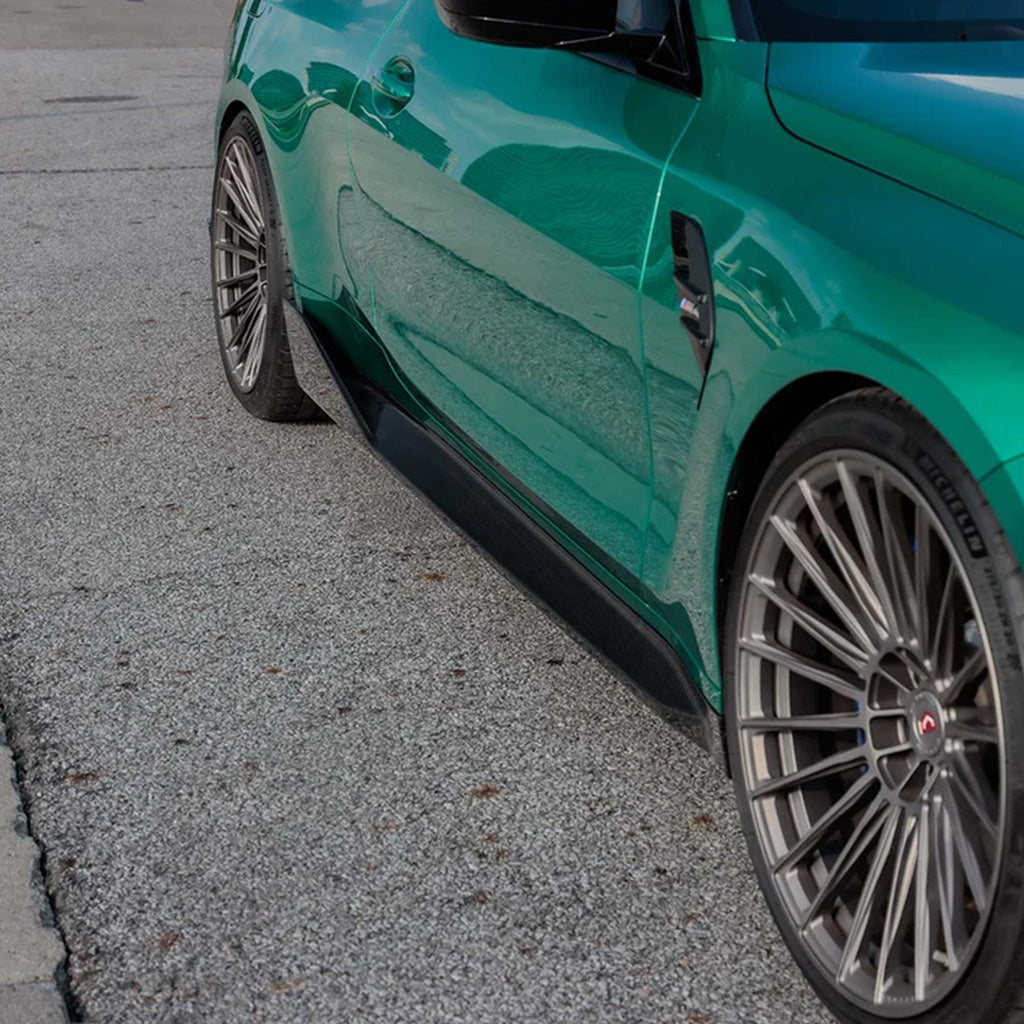



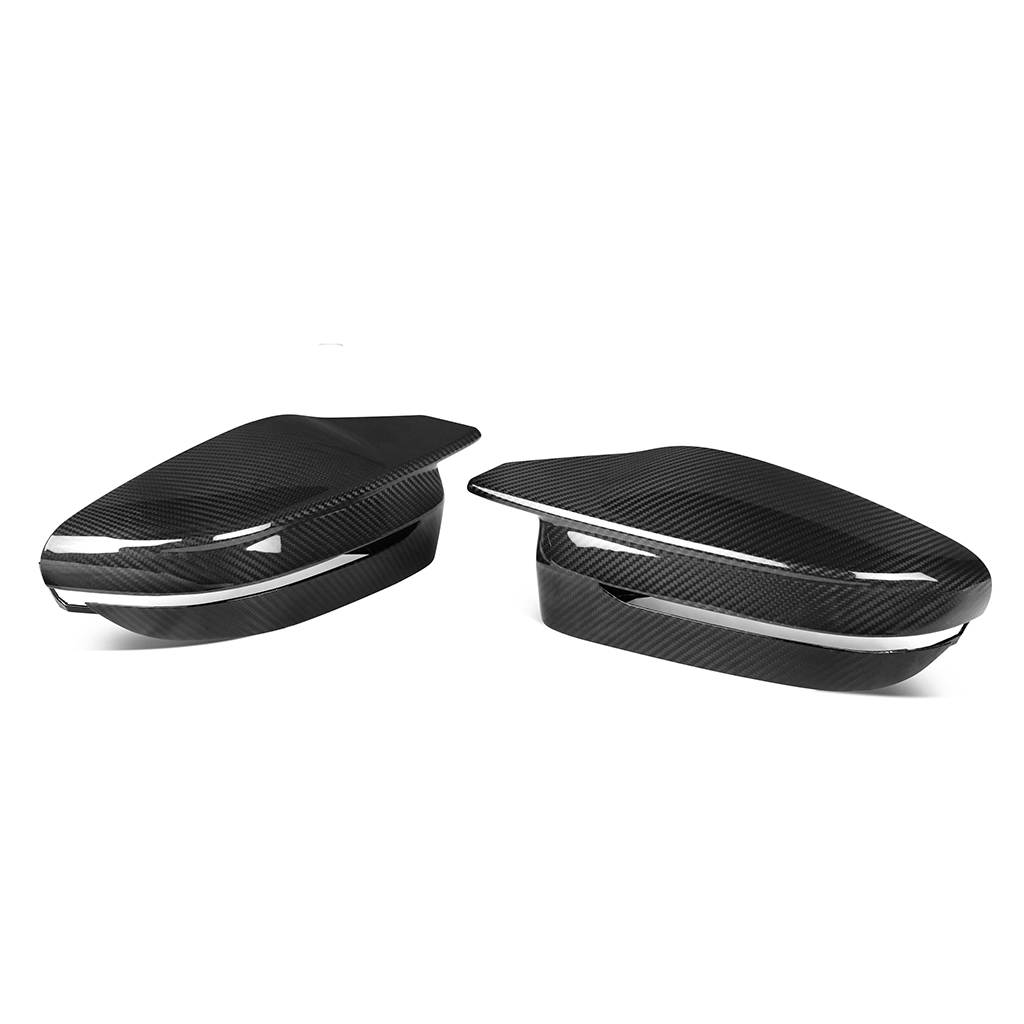
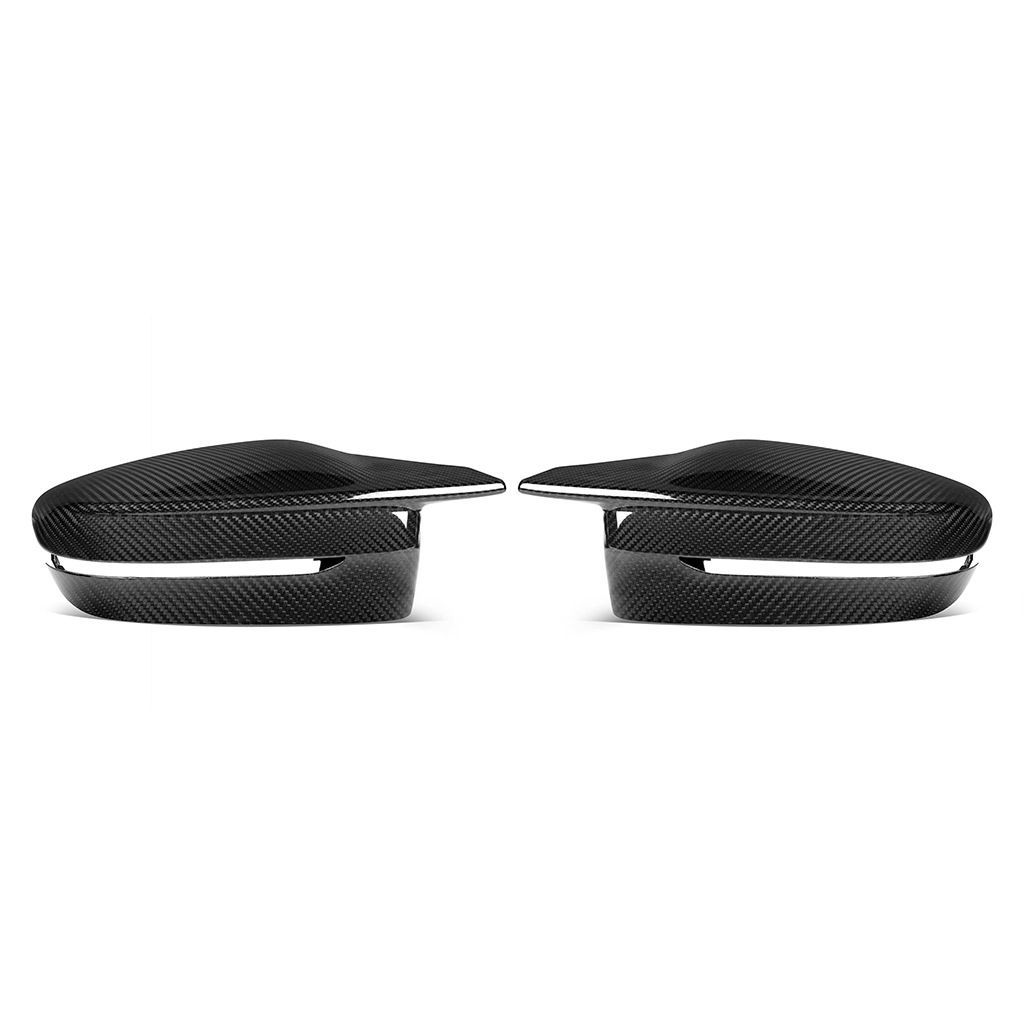
Share:
2025 Land Rover Defender vs Jeep Wrangler Off-Road Features
Performance Battle: Mercedes C43 AMG vs BMW M340i in 2025